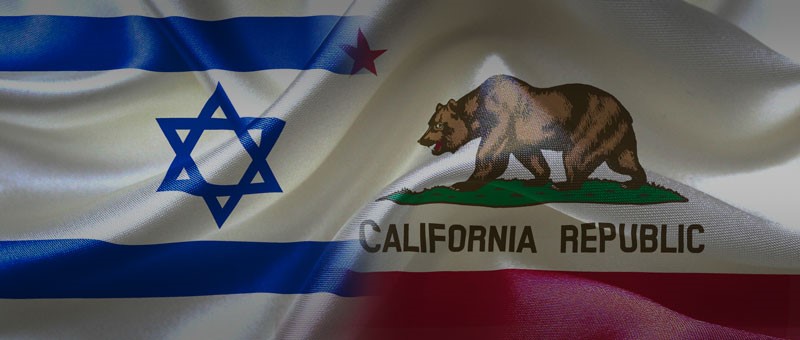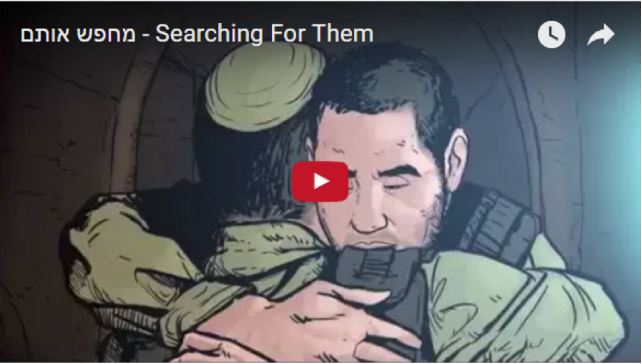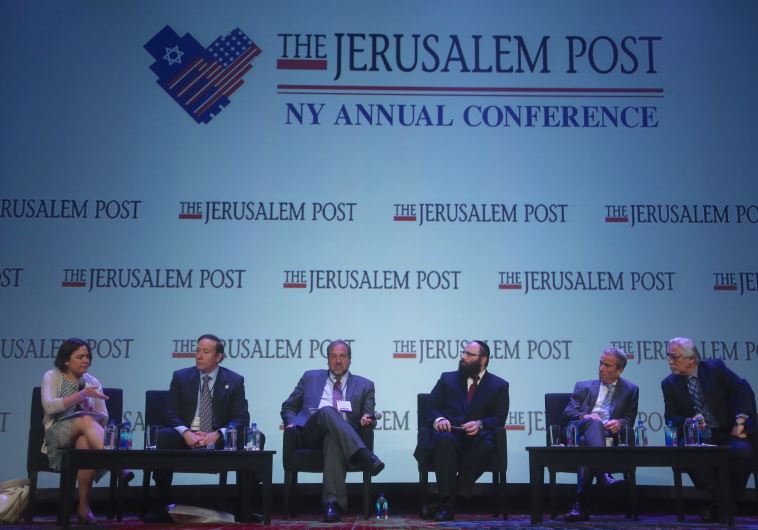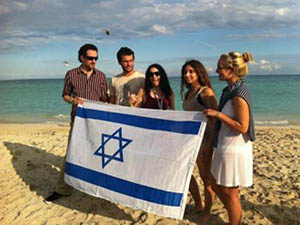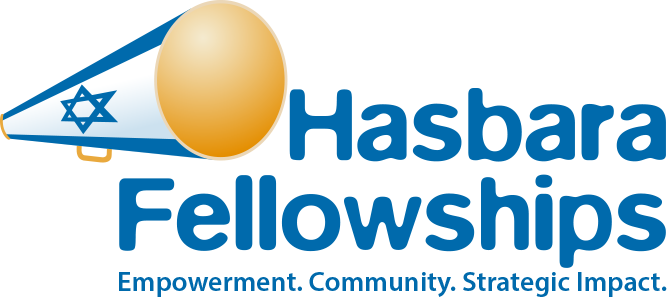Israel Air Force F-15 Eagles over Auschwitz
Never again. That was the sacred vow made by the Jewish people over the past 70 years in the wake of the Holocaust.
Following the murder of six million of our brethren by the Nazis, the Jewish people have come to recognize that we have only ourselves to rely on for our defense.
When the going gets tough, no one else will come to fight for us.
And in today’s tumultuous world, the sole guarantor of Jewish safety is a strong Israeli military. Jews facing mortal danger in any corner of the globe can count on Israel to protect them.
No event in recent years symbolized this more than the Israel Air Force flyover of the Auschwitz death camps, in what is now Poland, in September 2003. After being invited to take a part in an air show marking the 85th anniversary of the founding of the Polish Air Force, three IAF F-15 Eagle fighter jets, all piloted by descendants of Holocaust survivors, flew to Auschwitz and thundered through the skies above the camp where nearly one million Jews were slaughtered between 1940 and 1945 while the world stood by and did nothing.
The message of the flyover mission was clear: unlike the Allied forces during World War II, who patrolled the skies above the death camps but refrained from bombing Auschwitz and its rail roads for “lack of resources,” Israel will never leave Jews to their fate.
Never again means never again.
Israel will see to that, no matter the consequences.
As the IAF’s F-15s were soaring over the camps, hundreds of IDF commanders on the ground proudly sang “Hatikva,” the Israeli national anthem, the title of which means “the hope” in English.
One of the Israeli pilots was Amir Eshel, now the commander of the IAF. In a radio message broadcast to a delegation of IDF soldiers gathered down below at Auschwitz, Eshel declared, “We pilots of the Israel Air Force, flying in the skies above the camp of horrors, arose from the ashes of the millions of victims and shoulder their silent cries, salute their courage, and promise to be the shield of the Jewish people and its nation Israel.”
His words succinctly capture the story of the State of Israel. Our homeland was established with blood, sweat and grit by a battered, but brave and defiant Jewish people. We overcame all odds and built a thriving democracy in our ancient homeland in the heart of the Middle East.
Before Israel’s founding in 1948, Jews were easy prey. They could run but they were not safe. Not anymore, never again! Thanks to its strength, the Israel Defense Force is fulfilling its true purpose – to serve as the ultimate insurance policy for the Jewish people against our enemies.
If history has taught us anything, it is that others will try to annihilate the Jews again and again in the future. But whenever the next time comes, we will not be helpless. Israel, with all its might and determination, is not going anywhere. It will do whatever is necessary to eliminate threats posed by those who seek the Jewish people’s destruction.
In the early 1930s, people across the world – including many of the most successful and assimilated Jews in Europe – wrote off Adolf Hitler’s anti-Semitism, believing that he would never actually act on his words. Little could they imagine the disaster that would be brought upon the entire world by Hitler’s madness just a few years later, leading to the death of tens of millions and the destruction of half the world.
If Hitler’s intentions had been taken seriously early on, he could have been stopped. The Holocaust was further evidence that Jews are the proverbial canary in the coal mine. When Jews are persecuted, slandered or unfairly singled out, this does not bode well for others.
While Jews are often the first to be targeted by tyrants and bigots, it almost never ends with the Jews.
Remember that the next time you hear the news about an IDF operation. When Israel goes to war, it is not doing so just for its citizens or Jews around world.
When Israel fights, it does so on behalf of Western civilization as a whole. Israel is the floodgate – it sits on a strategic fault line between enlightenment and tyranny.
In the not-too-distant future, we will be without any Holocaust survivors who can provide us with direct personal accounts of the horrors they suffered. But the lessons of the Holocaust are more relevant than ever and they must be passed on to future generations.
This month, we lost one of the great bearers of these lessons, Elie Wiesel, who said of this cause, “Without memory, there would be no civilization, no society, no future.”
As Wiesel often shared, one of the most important ways to safeguard the memory of the Holocaust is to strengthen and support Israel. The Jewish state stands as a vivid rejection of everything the Nazis believed in. As long as the Jewish people can defend ourselves by ourselves, we will flourish and prosper for generations to come. And so will the world.
The author is an Israeli-American philanthropist, national chairman of the Israeli-American Council, real estate entrepreneur and president of the Adam and Gila Milstein Family Foundation.



